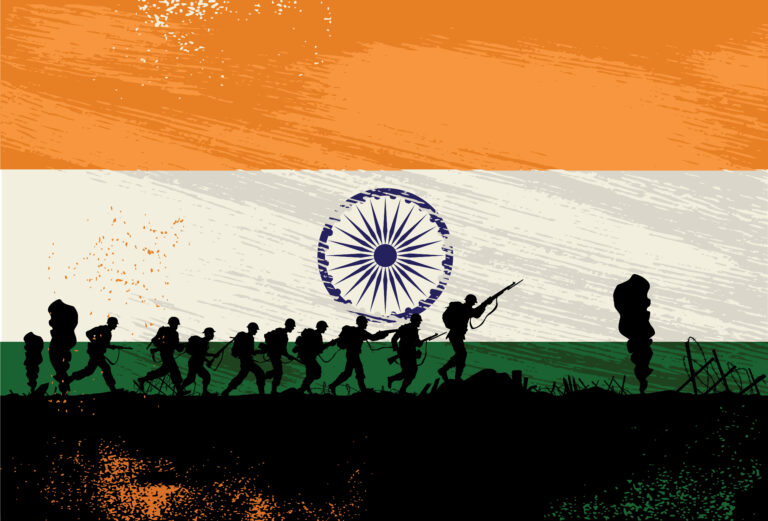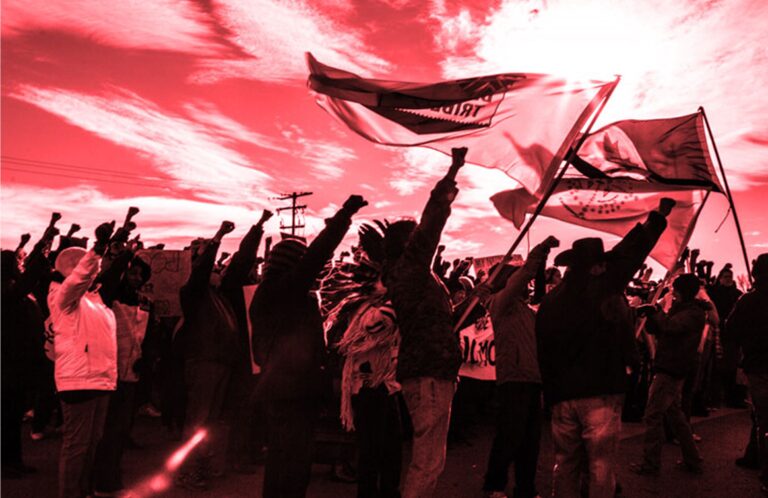In 1850 Lord Palmerston, the British government’s Foreign Secretary, threatened war when Greece dealt unjustly with one of Queen Victoria’s subjects who was living in Athens. The so-called “Don Pacifico Affair” represented perhaps the apotheosis of a nation’s willingness to support its citizens, no matter where they might be located, how few in number, or how modest their apparent significance. An important principle was at stake, the credibility of Britannia herself. Palmerston stated that his country was “bound to afford protection to our fellow subjects abroad … as the Roman, in days of old, held himself free from indignity, when he could say “Civis Romanus sum” [I am a Roman citizen]; so also a British subject, in whatever land he may be, shall feel confident that the watchful eye and the strong arm of England, will protect him against injustice and wrong.” Palmerston matched words to action, dispatching Royal Navy warships to blockade Athens and bottle up the tiny Greek navy. Britain had made her point and her citizen was compensated by Greece.
In August of this year, the government of Canada tweeted a statement of concern after Saudi Arabia arrested a couple of Saudi citizens who had been agitating for women’s rights inside the planet’s most Islamically conservative jurisdiction. Quite why Foreign Affairs Minister Chrystia Freeland felt moved to this action is a puzzle. Stories are legion of stranded, imprisoned or otherwise troubled Canadians abroad receiving approximately zero assistance from the hapless or indifferent Canadian diplomatic service. Canada’s standard line is to warn its citizens to respect local laws, customs and justice systems, i.e., don’t expect any real action when trouble strikes.
So why did Freeland wade in here? Activists of all sorts are repressed, often fatally, around the world on a daily basis, and any national interest of ours in the Saudi case was of the most gossamer sort: one of those just arrested was, apparently, the sister of jailed Saudi blogger Raif Badawi, who is married to Ensaf Haidar, a woman with Canadian citizenship. Thus, Ottawa had superficially imitated Imperial Britain – minus the prestige of Empire and the muscle of the Royal Navy – while taking its presumption one step further: now any far-flung sister-in-law of a Canadian may utter “Civis Canadiensis sum” and feel assured that our Dominion will act on her behalf.
Things didn’t quite work out as Freeland evidently hoped. To the surprise of few except perhaps the minister, her staff, and whoever in the prime minister’s office presumably approved the intervention, Saudi Arabia did not welcome the righteous Twitter post in a spirit of chummy goodwill. Not only do all the imprisoned remain behind bars, but the kingdom instantly declared our ambassador persona non grata, pulled its own emissary out of Canada, and ordered a legion of Saudi students and medical patients home from the land of the interfering infidel. Trade deals were threatened, Canadian grain banned, Canadian assets sold off, and an ominous warning emerged on a Saudi government-linked website that seemed to promise Canada the same treatment Saudi terrorists gave the World Trade Center on 9/11. Considering that Canada was hoping soon to consummate a lucrative sale of military hardware to the Saudis, it would be fair to say that our well-meaning intervention could cost our country billions of dollars.
However startled our government might have been by the Arabian response, Ottawa was not about to back down. As the affair escalated, Prime Minister Justin Trudeau stated, “We will continue to stand up for Canadian values and universal values and human rights. Canada will always speak strongly and clearly in private and in public on questions of human rights.” So there, you Bedouin bullies.
This surely prompts the question: how much virtue signalling can our country afford? What will be the price tag of Canada’s demands that the United States and Mexico build our views on gender equity into the new NAFTA? How far are we willing to go to make our Canadian values count, let us say, in our economic and political relations with China? Are we willing to jeopardize our prosperity and squander our decidedly limited credibility by interfering in Korean, Indian, Russian, or Brazilian affairs? This is an important issue on which it is possible for reasonable Canadians to disagree. But we must have the debate, and soon.
Fortunately, there is a way in which we can both morally and profitably stand up to trade and diplomatic bullying by one of the world’s most noxious nations, a country which still thinks public crucifixion is a civilized response to crime, that makes homosexuality a capital crime, that routinely beheads criminals and enemies of the regime, and that prohibits Jews. Canada should immediately cease buying Saudi crude oil and replace it with western Canadian petroleum, transported securely by a revived Energy East pipeline. Quebec and Maritime consumers will thus be spared the sin of supporting an evil regime while seeing their fuel prices fall; the western Canadian economy will get a lift from its extended doldrums; and Wahhabi fundamentalists will rend their beards in impotent rage. As Minister Freeland chirped recently about what she’s hoping to salvage from the NAFTA imbroglio she’s also currently tangled up in, that could be a genuine win-win-win for Canada.




